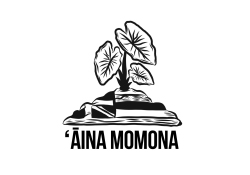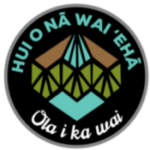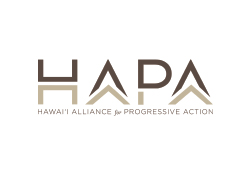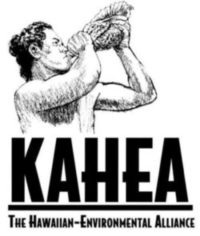More about the Movement
During the 19th century, plantation barons grabbed land and water across the islands, then conspired to illegally overthrow the Hawaiian nation. As plantations drained rivers and streams dry for private profit, traditional Hawaiian society and culture suffered. But under both customary and contemporary law, water is a public trust that belongs to the people, including generations yet unborn.
The modern movement to restore water as a public trust began with the Hawai‘i Supreme Court, led by Chief Justice Richardson. The court ruled in the McBryde case in 1973 that the state and its people had an interest in river flows diverted by two plantations. This historic decision was part of a cultural and legal renaissance leading to the establishment of the public trust doctrine in Hawai‘i’s constitution in 1978, and the water code and water commission in 1987.
Under this legal framework founded on the public trust, the Waiāhole-Waikāne community won an epic battle that restored formerly diverted streamflows for the first time in Hawai‘i. The supreme court’s decision in the Waiāhole case in 2000 set forth extensive principles of the public trust, including protections of flowing streams and Native Hawaiian water rights. During this time, the Moloka‘i community also won landmark rulings protecting groundwater resources, and the Waipi‘o community achieved the restoration of Hi‘ilawe Twin Falls.
The battle then turned to Maui, where the Nā Wai ‘Ehā and Maui Hikina communities rose up to demand restoration of streamflows diverted by the last and largest plantation in Hawai‘i. After almost two decades and the close of the plantation, many of these streams are flowing again, but the struggles continue. The West Maui community has also challenged diversions that are still continuing long after the plantations are gone, and in 2018, the water commission for the first time took its own initiative to order the restoration of West Maui streams.
The movement also continues on other islands. On Moloka‘i, the Ranch closed more than a decade ago, but continues to unlawfully divert stream and ground water. On Kauaʻi, Waimea community members reached a settlement in 2017 that restored flows to Waimea River, but implementation has fallen short. Communities in Wailua and Waimea-Kekaha are facing proposals to re-divert streamflows for another century for hydro projects.
Today, Hawai‘i leads the nation and world in recognizing public trust principles in the law. But frontline communities continue to struggle to bring these principles to life on the ground, fighting companies bent on maintaining plantation-era control over public water. Meanwhile, climate change only intensifies the need to respect original Hawaiian public trust principles grounded in a sense of place, community, and generational kuleana (responsibility). Ho‘i Ka Wai: Return The Waters!











